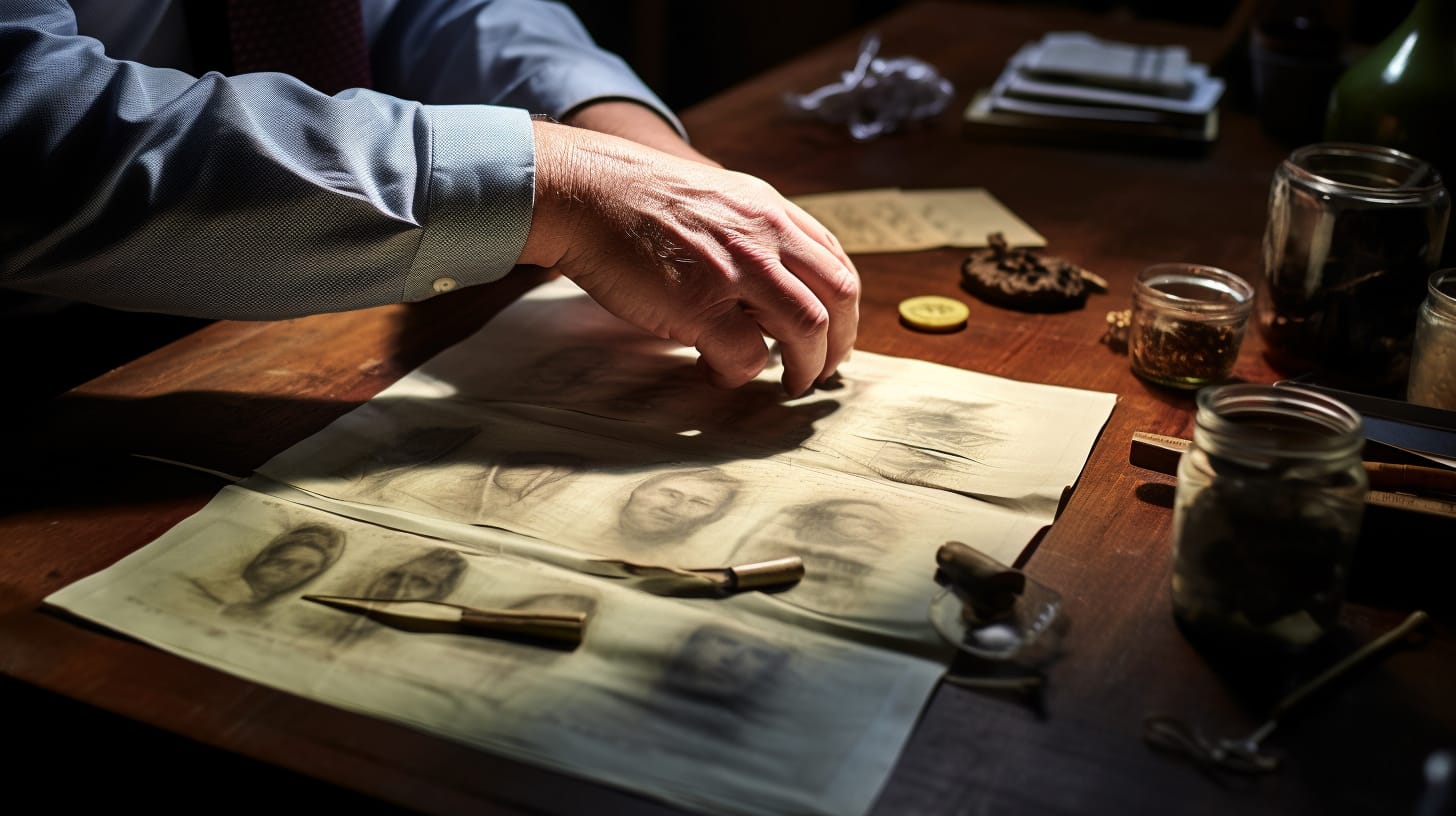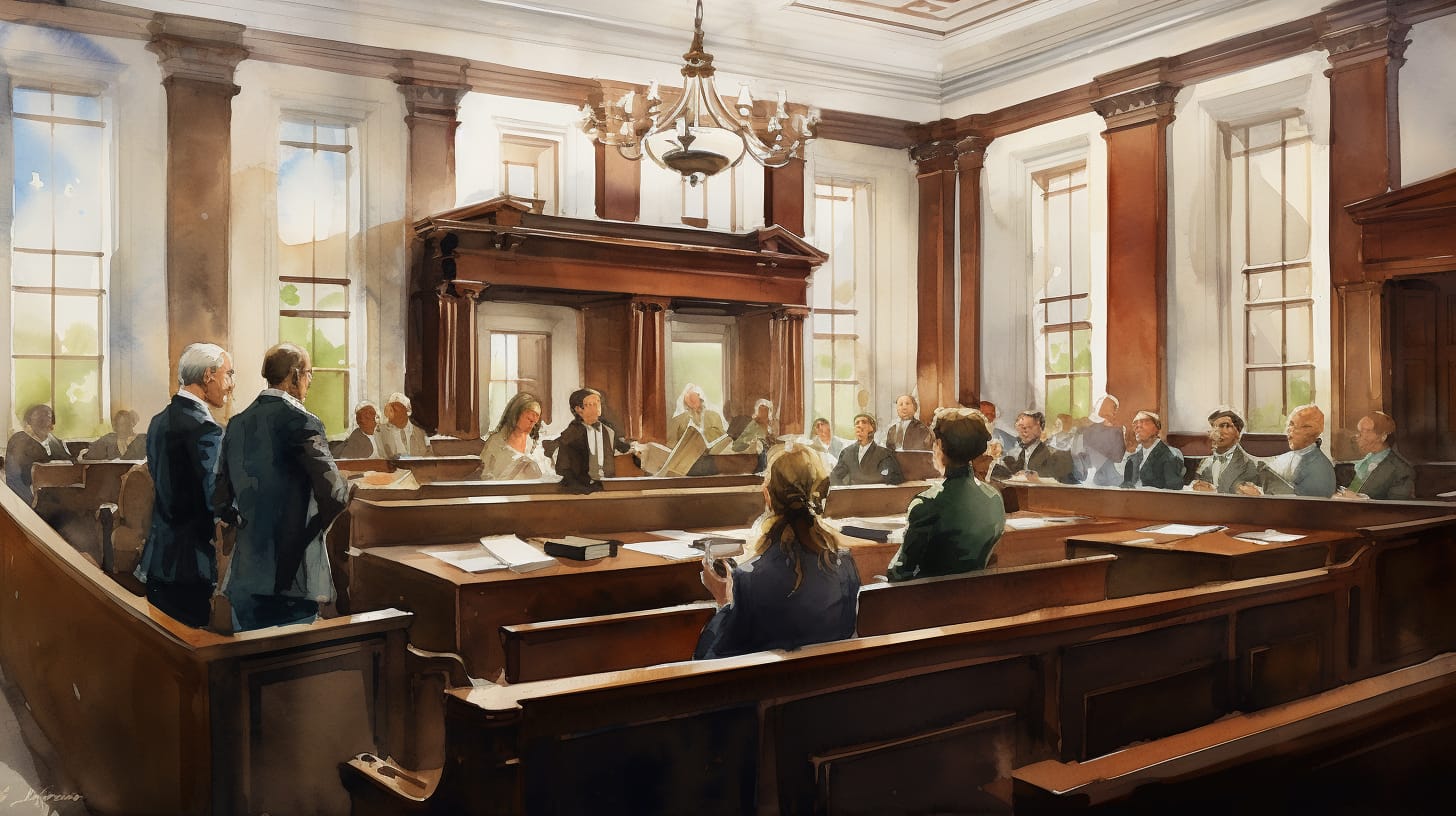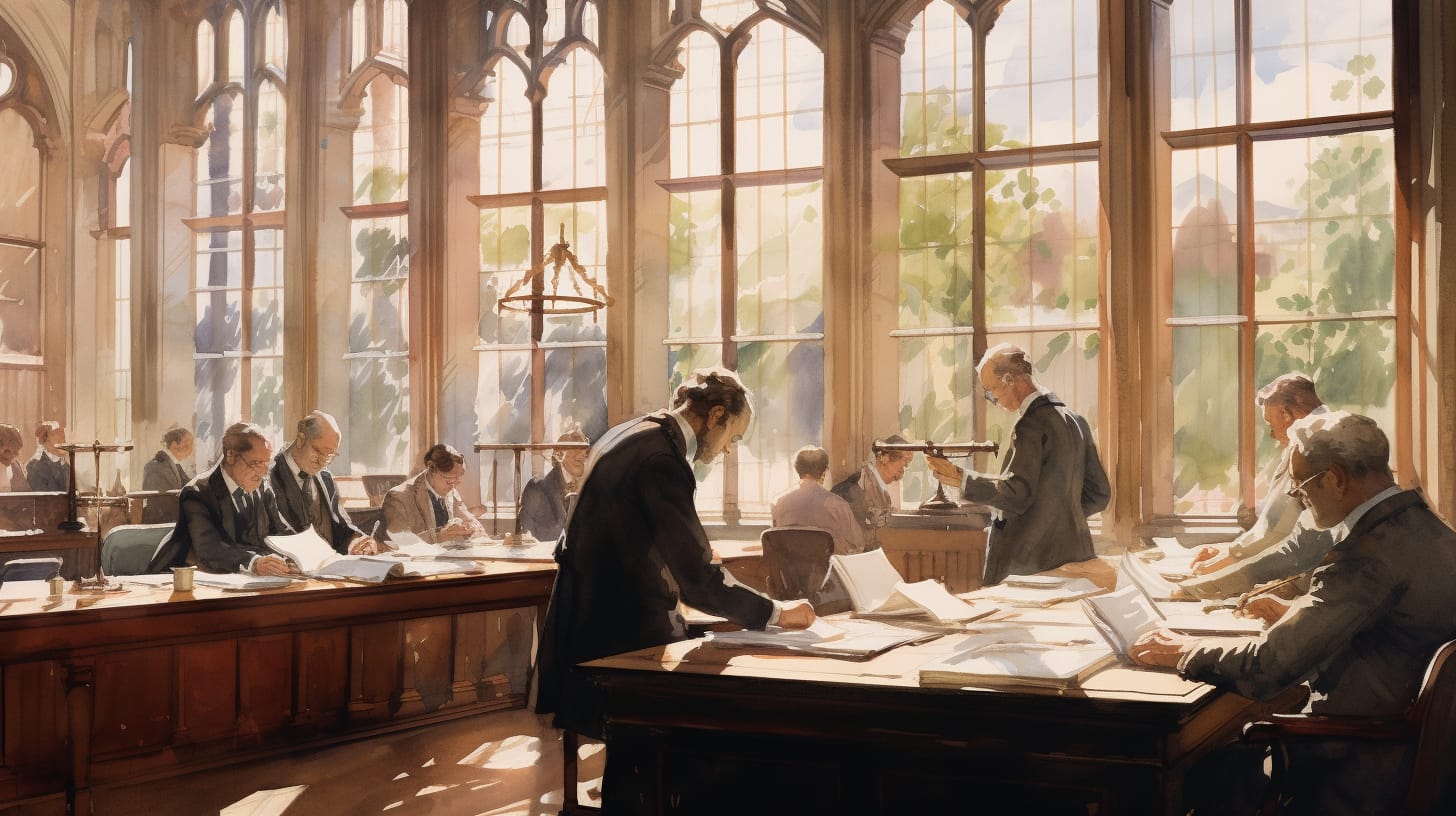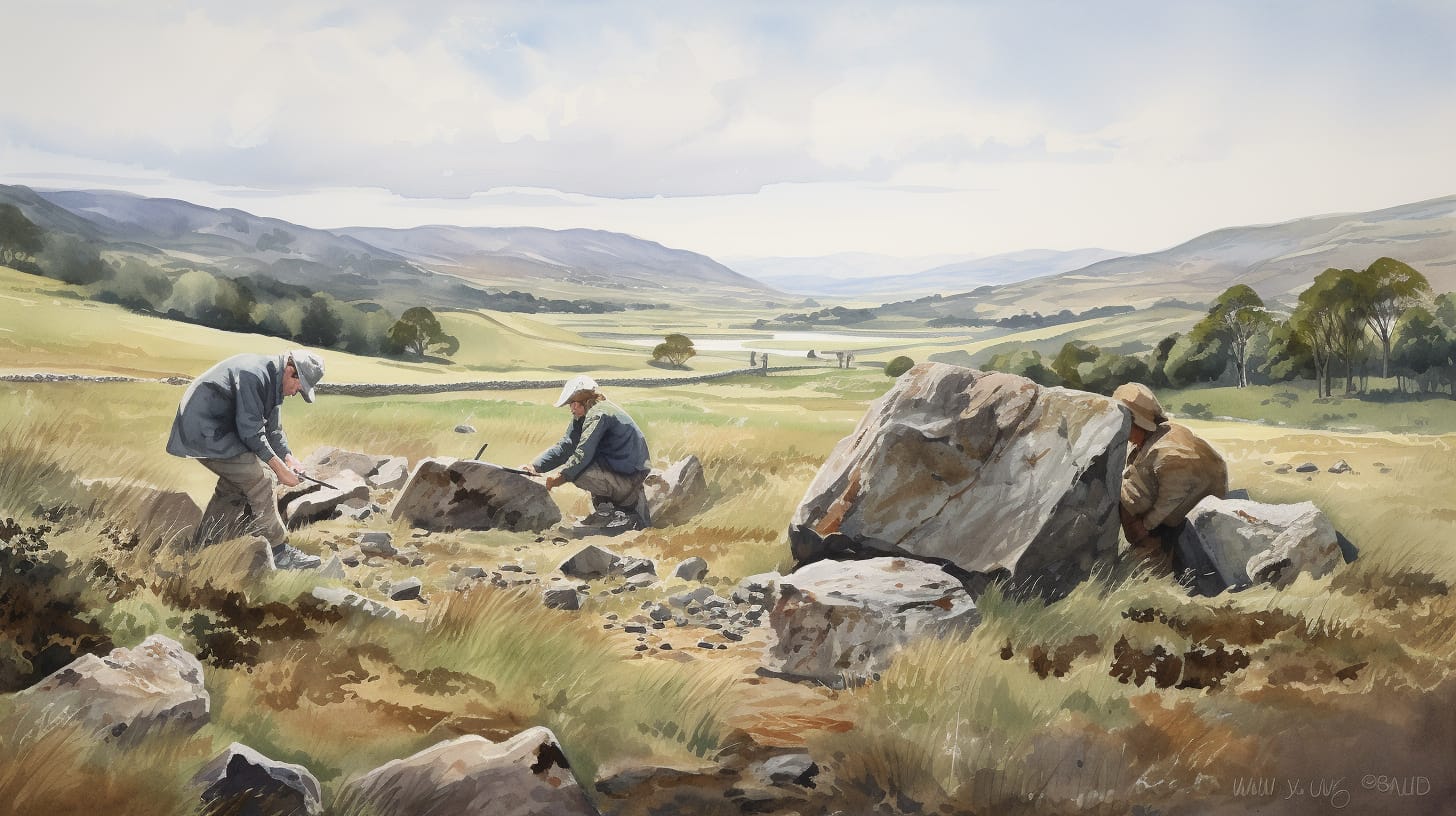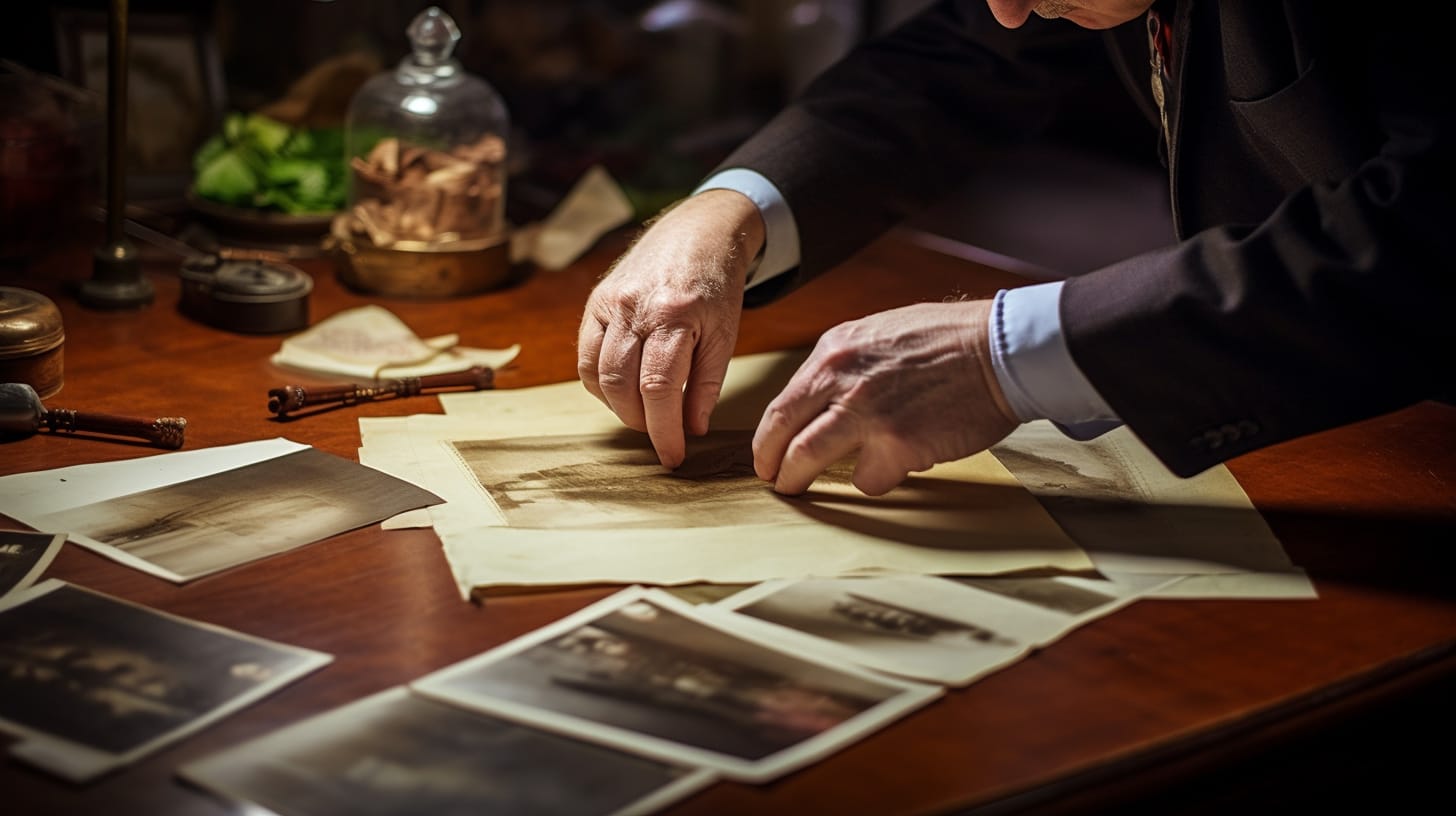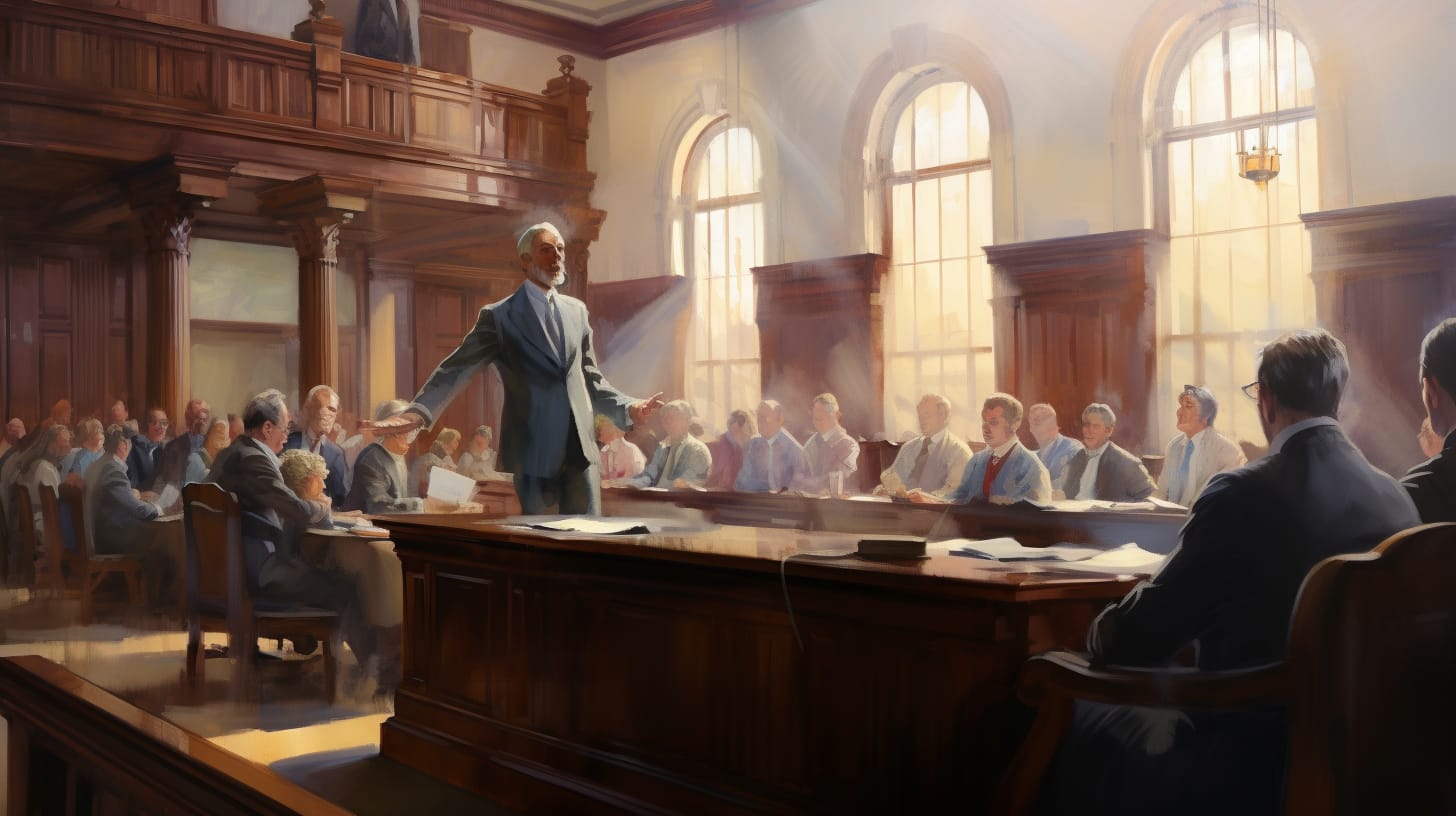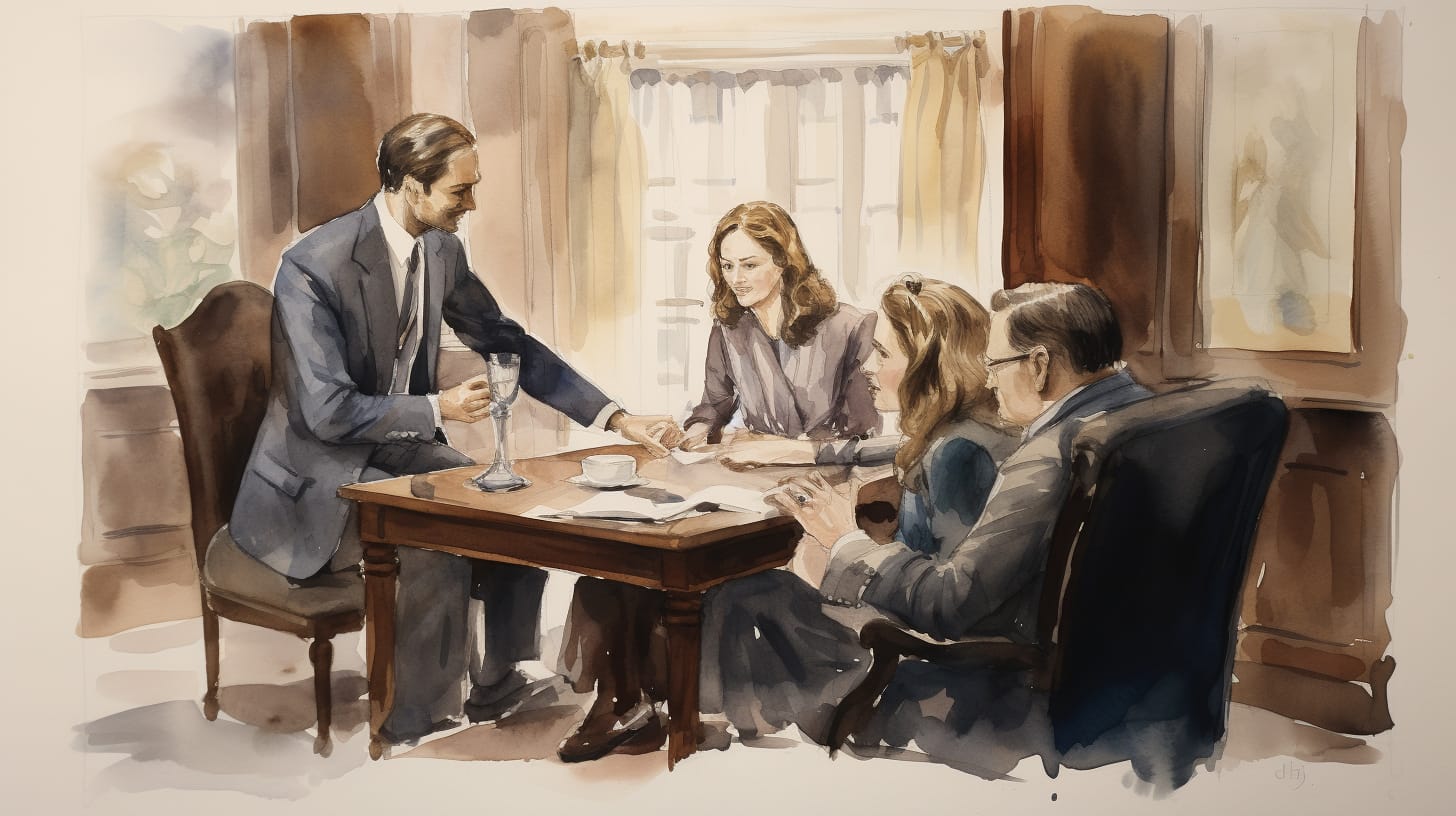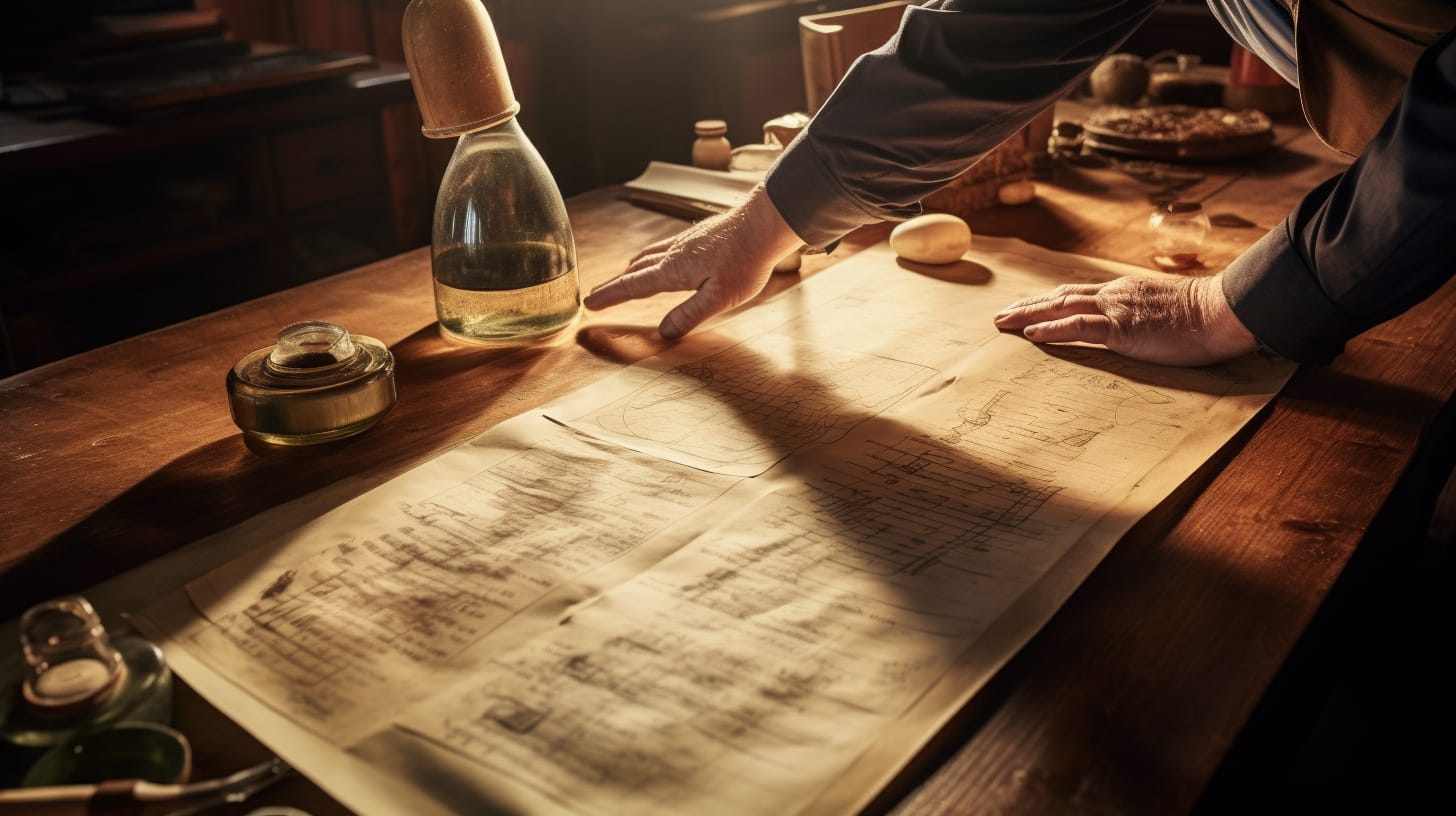- by Tim Thompson
The Role Of The Coroner In England And Wales
Inquests, Post-Mortems, and Coroners Services
Introduction
The role of the coroner in England and Wales encompasses various important responsibilities related to investigating and determining the cause of death and deciding when a death cannot be registered.
What is a Coroner?
The coroner will also function as an independent judicial officer responsible for investigating deaths where the cause is unknown or where the death is sudden, violent, or unnatural.
Death Reporting in England and Wales
In England and Wales, a death is reported to a coroner when it occurs under certain circumstances, such as an unknown cause or in cases of sudden or violent deaths.
Coroner’s Jurisdiction
The coroner’s jurisdiction is invoked and the coroner is informed when a cause of death arises that needs investigation, and they have the authority to investigate the surrounding circumstances.
When is a Death Reported to a Coroner?
A death may be reported to a coroner when it is sudden, unexpected, or occurs in unnatural or violent circumstances.
Areas Served by Coroners in England and Wales
Coroners in England and Wales serve specific geographic areas and are responsible for investigating deaths within their designated jurisdictions, especially if the death was violent or unnatural.
Inquests and Their Purpose
Inquests are conducted by coroners to investigate the circumstances and determine the cause of death in certain cases.
Understanding the Inquest Process
An inquest, which is a legal inquiry conducted by a coroner, is held to establish the facts surrounding a death and determine how the deceased came by their death.
Role of the Coroner in Inquests
The coroner plays a crucial role in presiding over the inquest proceedings, gathering evidence, and reaching conclusions about the cause of death.
Post-Mortem Examinations
Post-mortem examinations are medical procedures carried out to determine the cause of death and uncover any underlying health conditions.
What is a Post-Mortem Examination?
A post-mortem examination is a detailed medical examination of a deceased person’s body to identify the cause and circumstances of their death.
Significance of Post-Mortems in Determining Cause of Death
Post-mortem examinations are significant in determining the cause of death, especially in cases where it is unclear or where foul play caused the death.
Coroner Services
Coroner services include a range of responsibilities related to death investigation, documentation, and the coroner is responsible for providing support to bereaved families.
Services Offered by Coroners in England and Wales
Coroners in England and Wales offer services such as death registration, release of the body, and conducting inquests when necessary.
Death Registration and Documentation
Coroners are involved in the registration of deaths and the documentation of relevant information surrounding the circumstances of the deceased person’s passing.
Conclusion
The role of the coroner in England and Wales holds great significance in determining the cause of death and ensuring that the appropriate actions are taken in cases involving uncertain or unusual circumstances of passing.
Significance of the Coroner’s Role in England and Wales
The coroner’s role is crucial in providing answers to the cause of death and offering closure to the bereaved families and loved ones of the deceased.
Improving Coroners Services
Enhancing coroner services involves continually reviewing the process by which a death was caused and improving the support provided to families and loved ones affected by a death investigation.
What powers does a coroner have?
A coroner wields power to investigate the death where the cause remains uncertain or if the death was violent or unnatural. Area coroners can conduct inquests, order post-mortem examinations, and summon witnesses for testimony.
What are the uses of the coroner?
The primary use of a coroner is to ascertain the cause of death in cases where it is not immediately apparent. Unless the coroner views it necessary, inform the coroner to conduct inquiries, decide if a more detailed investigation is required, and provide closure to the families involved.
Can a coroner prosecute?
Coroners cannot prosecute, but they can make recommendations based on their findings to prevent similar deaths in the future. However, the police or other authorities may take action based on the coroner’s report.
What verdicts can a coroner return?
Coroners can return several verdicts, including natural causes, accidental death, suicide, violent or unnatural death, or an open verdict when the evidence does not support a specific conclusion.
What happens if the coroner can’t find the cause of death?
If the coroner is unable to determine the cause of death, they will record an open verdict or a narrative verdict. The coroner will decide on the circumstances leading to the death without specifying a cause.
What happens when a coroner investigates a death?
When investigating a death, the coroner gathers evidence, interviews witnesses, and may order a post-mortem examination if the circumstances surrounding the death are unknown or suspicious. The findings are crucial for the inquest process.
What are the 3 stages of the death investigation process?
- Reporting and Preliminary Investigation: The first stage begins when a death is reported to the authorities, often by a medical professional, police officer, or coroner. This is usually in situations where the cause of death is uncertain, sudden, or unnatural. The coroner, a judicial officer, then conducts a preliminary investigation. This investigation includes gathering information from medical records, speaking to the deceased’s family or witnesses, and reviewing the circumstances of the death. The aim at this stage is to determine whether a post-mortem is necessary and if there are any suspicious circumstances surrounding the death.
- Post-Mortem Examination: If the cause of death remains unclear after the initial investigation, a post-mortem examination is ordered. This is a detailed physical examination of the body conducted by a pathologist. The post-mortem seeks to establish the medical cause of death and involves a thorough examination of the body’s organs and tissues. In some cases, toxicology tests may also be conducted. The family of the deceased is informed about the post-mortem, and while their consent isn’t typically required for it to proceed, they are kept informed throughout the process.
- Inquest or Inquiry: The final stage is the inquest, which is conducted by the coroner in cases where the death was sudden, unexplained, or violent. The inquest is a legal investigation to determine the identity of the deceased, as well as where, when, and how they died. It is not a trial, so it does not determine any liability or blame. The inquest involves examining evidence, which may include medical evidence, witness statements, and any other relevant information. Family members often have the opportunity to ask questions during the inquest. The outcome of the inquest is a conclusion or verdict about the cause and circumstances of death.
These stages collectively ensure that each death is thoroughly investigated, providing closure to families and maintaining public health and safety standards. This process underscores the importance of meticulous and sensitive handling of death investigations in the UK.
How long after death does a coroner take?
Coroners prioritize cases by urgency. A coroner will investigate each case, but it can take weeks or even months for an investigation to be completed, especially if a post-mortem examination or inquest is required.
Does the coroner call you when someone dies?
A coroner may be notified automatically when a death occurs under certain circumstances and may request further information before deciding on the necessity of an investigation.
What is the aim of the coroner court?
The coroner’s court aims to establish the facts surrounding a death and to determine the cause in cases where it is unknown or uncertain. This provides clarity for families and authorities and can allow them to register the death.
Is it possible to have a funeral before the inquest?
It is possible to hold a funeral before the inquest, especially if the coroner has released the body and provided a coroner’s certificate allowing for burial or cremation.
How long does a coroner’s inquest take?
The duration of a coroner’s inquest, which the coroner will normally conduct, varies depending on the complexity of the case and the necessity of additional scrutiny. This process can take several months to complete.
Is it possible to obtain a record of the inquest?
It is possible to obtain a record of the inquest by contacting the coroner’s office where the inquest was held. Upon death, one cannot register the death without reference to a coroner, as they are the ones to confirm when a death can be registered. The coroner’s office will provide information on how to obtain a copy.
What happens after the Coroner is notified of a death?
After being notified of a death, the coroner will assess the circumstances and determine whether further investigation, such as a post-mortem examination or inquest, is necessary.
What happens if the coroner decides to hold an inquest?
If the coroner decides to hold an inquest, they will schedule the proceedings to investigate the facts surrounding the death and determine the cause, issuing a summons to relevant witnesses and gathering evidence.
What is a post-mortem examination?
A post-mortem examination, also known as an autopsy, is a thorough medical examination of a deceased person’s body to establish the cause and circumstances of death, often ordered by a coroner.
What is an inquest?
An inquest is a legal inquiry conducted by a coroner to establish the facts surrounding a death in cases where the cause is unknown or where the death is sudden, violent, or unnatural.
When is a death reported to a Coroner?
A death may be reported to a coroner when it occurs suddenly, unexpectedly, or in circumstances deemed to be violent, or unnatural. These situations are when a death cannot be registered, or where the cause is unknown.
When is there a duty to hold an inquest?
A coroner will hold an inquest when a death occurs in certain circumstances, such as where the cause of death is unknown, or in cases of unnatural, violent, or suspicious deaths.
Will the Coroner arrange a second post-mortem?
The Coroner may arrange a second post-mortem examination in certain cases if it is deemed necessary to gather additional or clarifying medical evidence regarding the cause of death.
Will the Coroner provide the police / CPS with a copy of the second post-mortem report?
The Coroner may provide the police or CPS with a copy of the second post-mortem report if it is relevant to their investigations or legal proceedings related to the circumstances of the death.
Will the inquest be reported by the press and media?
Inquests may be reported by the press and media, especially in cases of public interest or significance, while respecting the legal and ethical boundaries in place for reporting on sensitive matters.
Will there be a jury at the inquest?
A jury may be present at an inquest, particularly if the death occurred in specific circumstances as outlined in the Coroners and Justice Act 2009, defined by factors such as national security or health and safety.
Will tissue or organs be retained after a coroner’s post-mortem examination?
The Coroner may retain tissue or organs after a post-mortem examination for further investigation or as evidence, ensuring that any retention is conducted respectfully and in line with legal and ethical guidelines.
Questions
Q: What happens when a death is reported to the Coroner in England and Wales?
A: When a death is reported to the coroner, he or she may decide to investigate if the cause of death cannot be established or the death was sudden, unexpected, violent or unnatural. The coroner must ensure the death of the deceased is properly investigated and, if necessary, an inquest held.
Q: Who is the chief coroner and what do they do?
A: The chief coroner heads the coroner services in England and Wales, providing overall leadership and direction. The chief coroner, whom the coroner has no power over, is an independent judicial officer who oversees all coroners and the services they provide and ensures that death investigations are conducted appropriately.
Q: Why might a coroner hold an inquest?
A coroner holds an inquest, potentially involving the high court for an inquest, if the death was sudden, violent or unnatural if the cause of death cannot be found, or if the death occurred in prison or police custody. An inquest aims to determine who the deceased was and how, when and where the death occurred.
Q: If a death has occurred and is being investigated by the coroner, who can ask the coroner questions about the death?
A: If a death has occurred and is under investigation, anyone who has a ‘proper interest’ can ask questions. However, the coroner may decide on what constitutes a ‘proper interest’. This includes immediate family members, the person who reported the death, and potentially others who have a significant interest in the circumstances.
Q: When is a death certificate issued in the coroner process?
A: A death certificate is issued once the coroner has concluded their investigation into the death. If an inquest is held, the coroner will release the body for a funeral once they have gathered all the necessary evidence. After the inquest concludes, the coroner will send a report to the registrar allowing for the death to be registered.
Q: How independent are coroners in their duty?
A: Coroners are independent judicial officers. An area coroner, unless the coroner is instructed by a higher authority, is not beholden to any government department and informs the coroner of any urgent situations. They are responsible for investigating deaths and ensuring that all the due legalities are observed. They are specifically tasked with satisfying the law’s requirements on when and how deaths should be registered. A coroner will investigate to ensure all registration requirements have been met.
Q: Can a coroner access my personal or financial information?
A: No, a coroner does not have the right to access personal or financial information unless it is relevant to the investigation of the death. However, the coroner will also evaluate its relevance to the case. This includes data such as national insurance details or bank records. Any such access would be strictly regulated and done in compliance with legal protocols.
Q: What are coroner areas and who is responsible for these?
A: Coroner areas are geographical regions in England and Wales with a designated Senior Coroner responsible for each area. Upon a death report, the coroner will decide whether to conduct an inquest. Area coroner zones were created by the Coroners Act, and it’s within these areas that coroners carry out their responsibilities.
Q: What if the medical cause of death is known, do we still need to notify the coroner?
A: If the medical cause of death is known and it’s due to natural causes, then usually, the death can be certified by a doctor and you will not need to notify the coroner. However, if the cause of death remains unknown, is violent, unnatural or sudden and unexpected, then it is crucial to inform a coroner.
Q: What does the term ‘contempt of court’ mean about coroner services?
A: In the context of coroner services, contempt of court refers to any behaviours or actions that disobey or disrespect the normal conduct of court procedures, potentially harming the investigation or inquest proceedings. The coroner will consider anything that interferes with their duties or disrupts a court process as a contempt of court.


